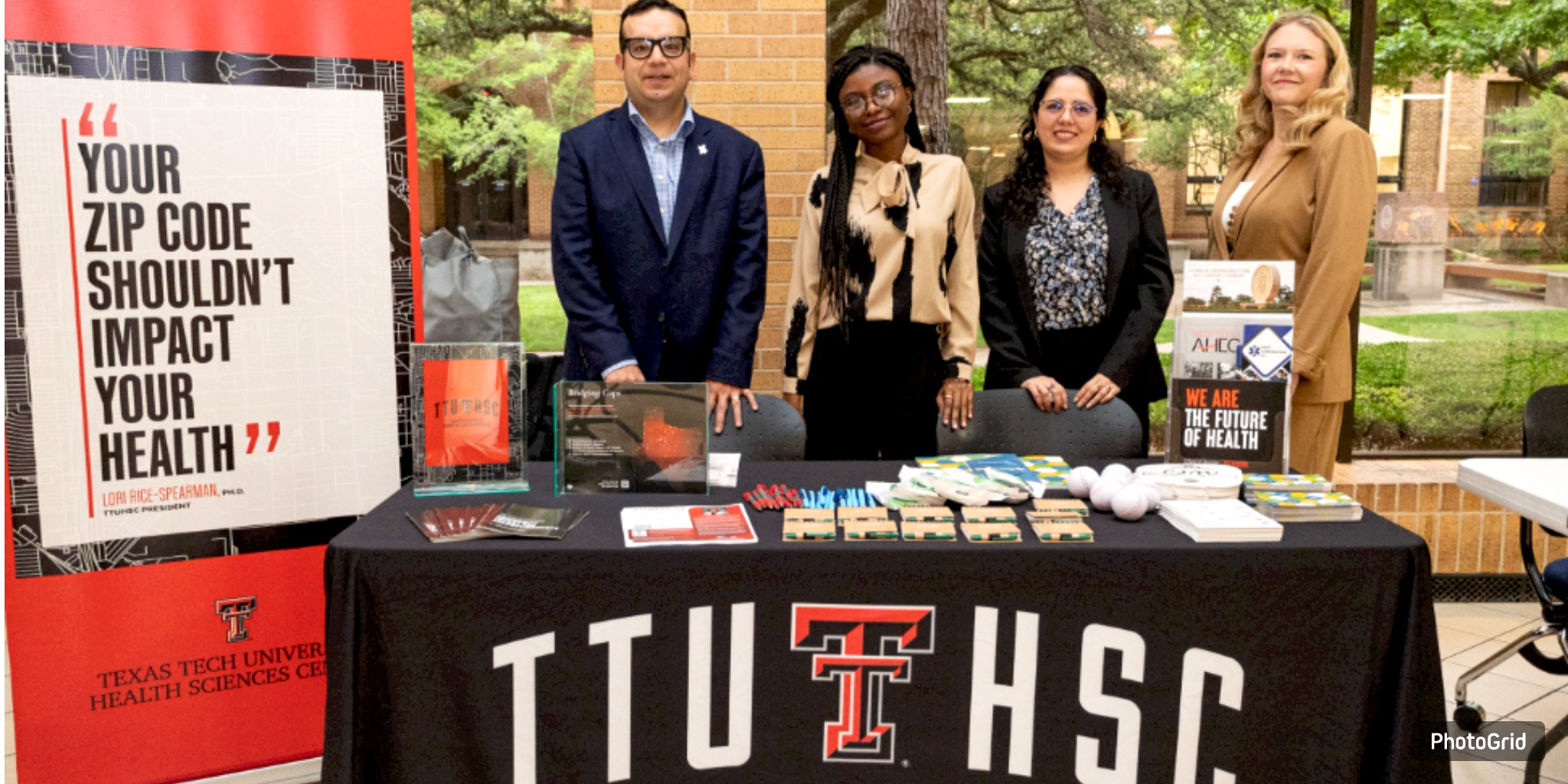
The TexLa Telehealth Resource Center, located at Texas Tech University Health Sciences Center (TTUHSC), has secured a significant federal grant of $1.3 million aimed at enhancing digital health services throughout Texas and Louisiana.
The Health Resources & Services Administration (HRSA) has revealed a significant funding initiative, allocating $325,000 each year until 2029 as part of its Telehealth Resource Center Program. Across the nation, the program champions centers dedicated to enhancing health care access via digital technology, with a special focus on rural and underserved areas.
TexLa stands out as one of only 14 centers within the National Consortium of Telehealth Resource Centers. The initiative offers training, technical support, and outreach efforts to help health care providers incorporate telehealth into their practices. This ensures that patients can access timely and quality care, no matter where they are located.
“Advancing telehealth technology is a fundamental aspect of our mission,” stated Dr. Ariel P. Santos, chair of the TTUHSC Department of Surgery and principal investigator for the TexLa Telehealth Resource Center. “In collaboration with the Telehealth Technology Assessment Center, we assess cutting-edge tools and provide impartial advice on telehealth hardware and software, empowering providers to select the most effective solutions for their patients.”
Santos said the funding will help sustain the Frontiers in Telemedicine (FIT) program, which provides certifications and training for providers. The FIT lab provides innovative microlearning and microbadging options aimed at adapting to the swift evolution of laws, credentialing standards, and billing regulations.
“These initiatives guarantee that health care providers stay updated and adhere to regulations as they enhance their telehealth capabilities,” Santos stated.
Santos highlighted that TexLa’s efforts encompass more than just video visits, including advancements in remote patient monitoring and the integration of artificial intelligence. Healthcare providers are turning to wearable technology to monitor heart health, glucose levels, and other essential vital signs, allowing for care delivery from almost any location.
“We are actively investigating the potential of artificial intelligence to enhance health care delivery, especially in rural communities. Additionally, we are offering webinars and resources to assist institutions in embracing these advancements,” Santos stated.
The leadership at the center highlighted that the four-year grant paves the way for ongoing growth in telehealth training and services, reinforcing initiatives aimed at enhancing care access and outcomes for communities historically hindered by distance and limited resources.
















From breaking news to thought-provoking opinion pieces, our newsletter keeps you informed and engaged with what matters most. Subscribe today and join our community of readers staying ahead of the curve.